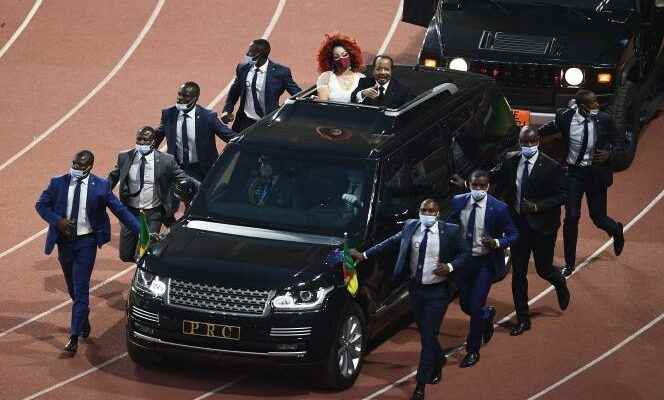To analyse. After forty years in the presidency of Cameroon, Paul Biya could, at 89, devote his forces to teaching his science of longevity in power. The school would then certainly have its headquarters in Central Africa, where four other leaders, some replaced by their son, cumulate with him more than two centuries at the helm of their country (Republic of Congo, Gabon, Equatorial Guinea, Chad).
Paul Biya gave his fellow citizens time to dissect his mode of governance. A discreet existence, a withdrawal from political life which allowed him to occupy his position like a ghost, aware of everything but responsible for nothing, and finally an unparalleled know-how to eliminate all those who, among his opponents and even more so his lieutenants, had the asserted, presumed or suspected ambition of taking his place in the presidential palace of Etoudi.
The former secretary general of the presidency, Marafa Hamidou Yaya, is in “arbitrary detention”, according to the United Nations, for more than ten years; Edgar Alain Mébé Ngo’o, former all-powerful defense minister, has been waiting for more than three years to be tried for corruption and embezzlement of public funds; the opponent Maurice Kamto, who dared to challenge the re-election of Paul Biya in 2018, also stayed in prison and his relatives continue to fill the cells of the Kondengui remand center in Yaoundé. Thirty years ago, John Fru Ndi, then “the candidate for change”had known more or less the same fate, placed under house arrest for almost two months after having declared his victory “volley”.
Succession at the heart of concerns
Stingy with his words, Paul Biya discovers himself through a few ironic little sentences – “Does not last in power who wants, but who can”, he had launched in 2015 during a visit from François Hollande – and is having fun with questions about his future. “When this warrant expires, you will be informed as to whether I am staying or going to the village”he announced in a quavering voice in July, alongside Emmanuel Macron, to an RFI journalist who questioned him about his intentions for 2025.
The question of his succession has however, for years, been at the center of the concerns of Cameroonians. “What will happen the next day? It’s the only topic of discussion, even if everyone is careful about the words they use, relates Stéphane Akoa, political scientist and researcher at the Paul Ango Ela Foundation in Yaoundé. This situation creates a lot of apprehension because no one believes in a strict application of the Constitution and no clear scenario is emerging. We are now in a vegetative state. We don’t know who decides. The energies are absorbed by this deadline and no one takes the initiative for fear of losing everything. »
You have 52.86% of this article left to read. The following is for subscribers only.
